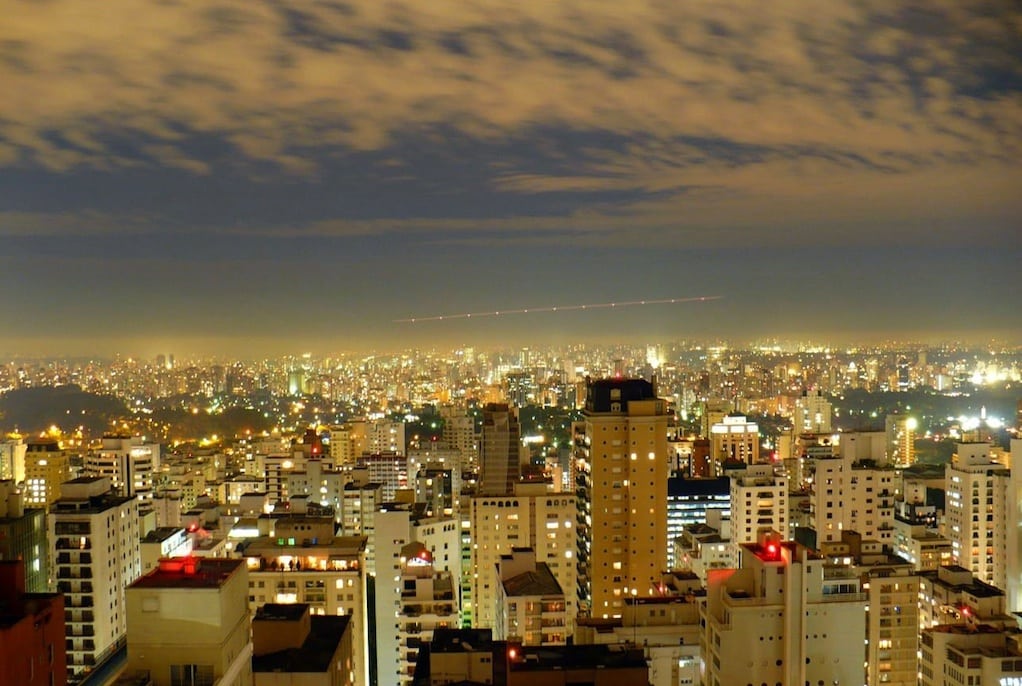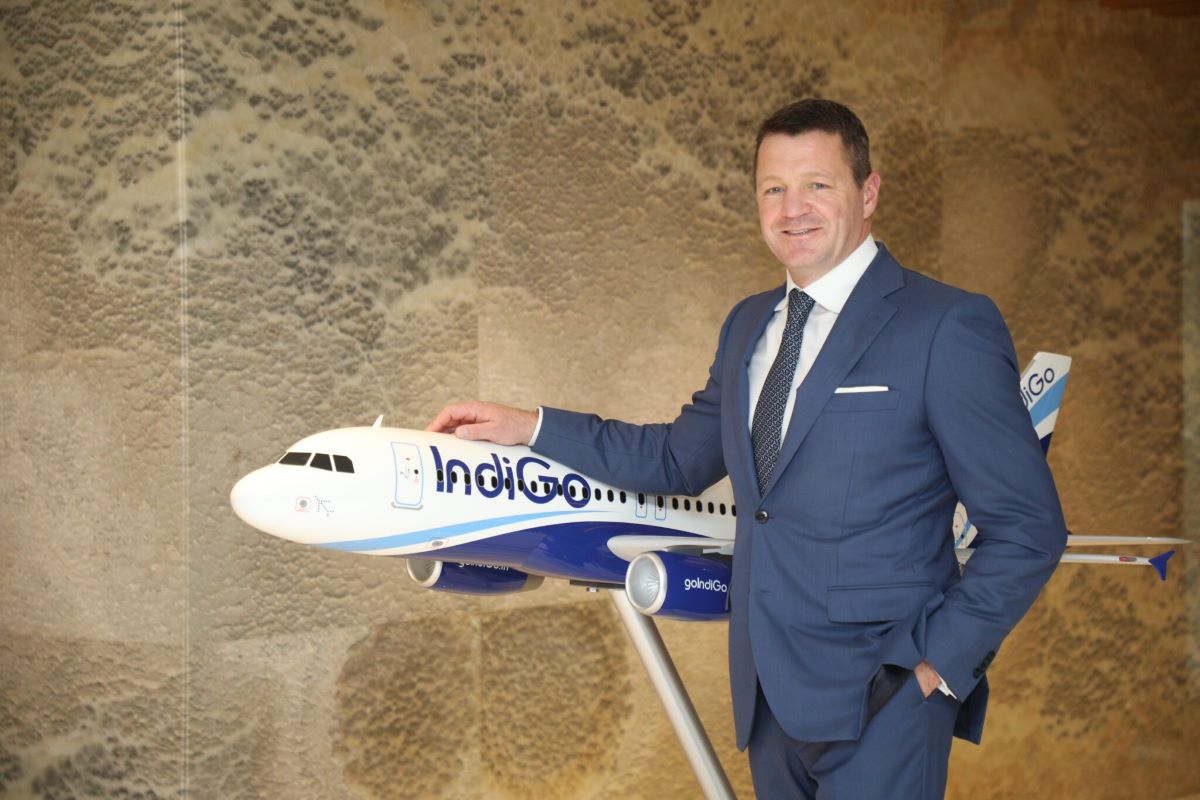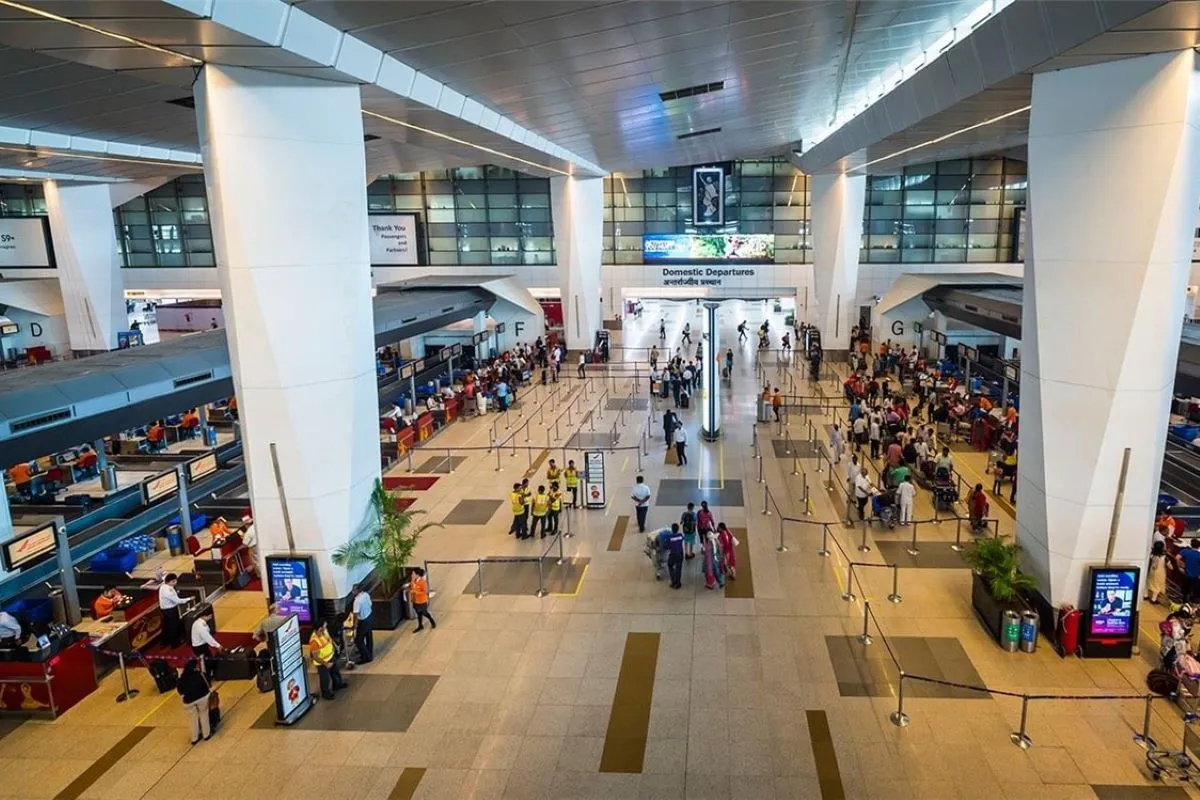Sao Paulo Airport will get even bigger, just in time for the Olympics

Skift Take
Sao Paulo’s Guarulhos Airport is undertaking its biggest expansion in almost three decades in a test of President Dilma Rousseff’s 187.2 billion-real ($94 billion) plan for private companies to improve facilities from roads to ports.
Investimentos & Participacoes em Infra-Estrutura SA, known as Invepar, is working on a 190,000 square-meter (2 million square-foot) terminal to double existing space after taking control of Latin America’s busiest airport on Nov. 15. Operating rights for Guarulhos and two other airports were awarded in a 24.5 billion-real government auction last year.
Guarulhos’s outdated terminals, rampant delays and hours- long bottlenecks through immigration underscore Brazil’s challenges as it prepares to host 45 million visitors for soccer’s World Cup in 2014. Those infrastructure challenges hamper efforts to spur the economy, said Ruchir Sharma, managing director and head of emerging markets at Morgan Stanley.
“Growth is weak and part of that has to do with capacity constraints,” Sharma, whose 2012 book “Breakout Nations” is critical of Brazil for neglecting government assets, said by telephone from New York. “This will take a long time to sort itself out because the problems are more long term in nature.”
Airport fixes
Invepar is implementing a mix of quick fixes and long-term projects at Guarulhos. The Rio de Janeiro-based company is expanding bathrooms, replacing signs and eliminating bureaucratic steps that prohibited carry-on-only passengers from bypassing the check-in counter.
A new parking structure is also in the works, said Luiz Ritzmann, chief information officer of GRU Airport, as the group that includes Invepar and its partners is known. The terminal project is 15 percent ahead of schedule and should open in April 2014, he said in an interview.
Long lines and delays at Guarulhos, located 25 kilometers (16 miles) from downtown Sao Paulo, are a legacy of 28 years without major investment that have left the airport operating at twice its intended capacity.
Guarulhos hasn’t added or expanded a runway or a major terminal since opening in 1985, even as traffic doubled since 2006 to 32.6 million fliers last year. It has 22 restaurants and food stands compared with more than 120 at Mexico City’s main airport, the region’s second busiest with 29 million passengers annually.
Weak growth
Growth in Brazil, the world’s second-largest emerging market, slowed to less than 1 percent last year, according to a central bank survey of economists, down from 2.7 percent in 2011 and 7.5 percent in 2010.
Investors are concerned that the government may be pushing companies to accept rates of return that aren’t profitable, said Sergio Monaro, director of project finance in Brazil at HSBC Holdings Plc.
After winning the contract in 2012, Invepar’s credit score was put on Rating Watch Negative by Fitch Ratings amid concern the price was too high. Fitch removed the designation eight months later after a capital injection by shareholders.
“Investors want return for the risk,” Monaro said in a phone interview from Sao Paulo. “In terms of liquidity, since you have a limited universe of investors and players, you could have a situation of bottleneck. There will be a lack of companies to take these concessions.”
Return rates
The government doesn’t set rates of return, said Bernardo Figueiredo, head of the state logistics company, known as EPL.
“The truth is it’s the market that regulates the value of a return,” he said in an interview in Sao Paulo on Jan. 24. Helio Doyle, an EPL spokesman, didn’t respond to an e-mail request for comment.
Invepar is counting on the revenue from new services such as shops and restaurants at the airport to bolster returns, Chief Executive Officer Gustavo Rocha said at a Bloomberg Forum event in December. Invepar seeks to increase sales from sources other than airport fees to about 65 percent by 2015, from a range of 35 percent to 40 percent in 2009, he said.
Its partner in bidding for the 20-year contract was Johannesburg-based operator Airports Co. South Africa. Invepar belongs to employee pension funds from state-run companies including Banco do Brasil, Caixa Economica Federal and Petroleo Brasileiro SA.
Triunfo’s Rally
Construction companies Triunfo Participacoes & Investimentos and Engevix Engenharia SA also won licenses in the February 2012 auction to run airports in Campinas and Brasilia, respectively. Afterward, Triunfo rallied 55 percent through yesterday, while Brazil’s benchmark Bovespa index fell 8.7 percent. Triunfo dropped 0.7 percent to 13.11 reais at 1:16 p.m. in Sao Paulo trading.
The concessions to run Galeao airport in Rio de Janeiro and Confins in Minas Gerais state are set to be auctioned in late September. Infraero, the state-run airport operator that had run Guarulhos until the privatization, will hold a stake in all airports being sold.
Brazil will also privatize the operations of ports, railways and roads this year.
GRU Airport, which is investing 6 billion reais in the facility, also plans to boost parking spots almost fivefold by 2032, double plane slots to 118 by next year, open four hotels and connect the buildings with a light-rail line, said Ritzmann, the CIO.
The deadline for the initial Guarulhos improvements is approaching fast: World Cup games kick off in less than 17 months.
“At Guarulhos Airport, everything is done in half the time -- it has to be,” Ritzmann said. “We will deliver this project on time.”
Editors: Jessica Brice and Ed Dufner.
To contact the reporter on this story: Christiana Sciaudone in Sao Paulo at csciaudone@bloomberg.net. To contact the editor responsible for this story: Jessica Brice at jbrice1@bloomberg.net.
![]()




